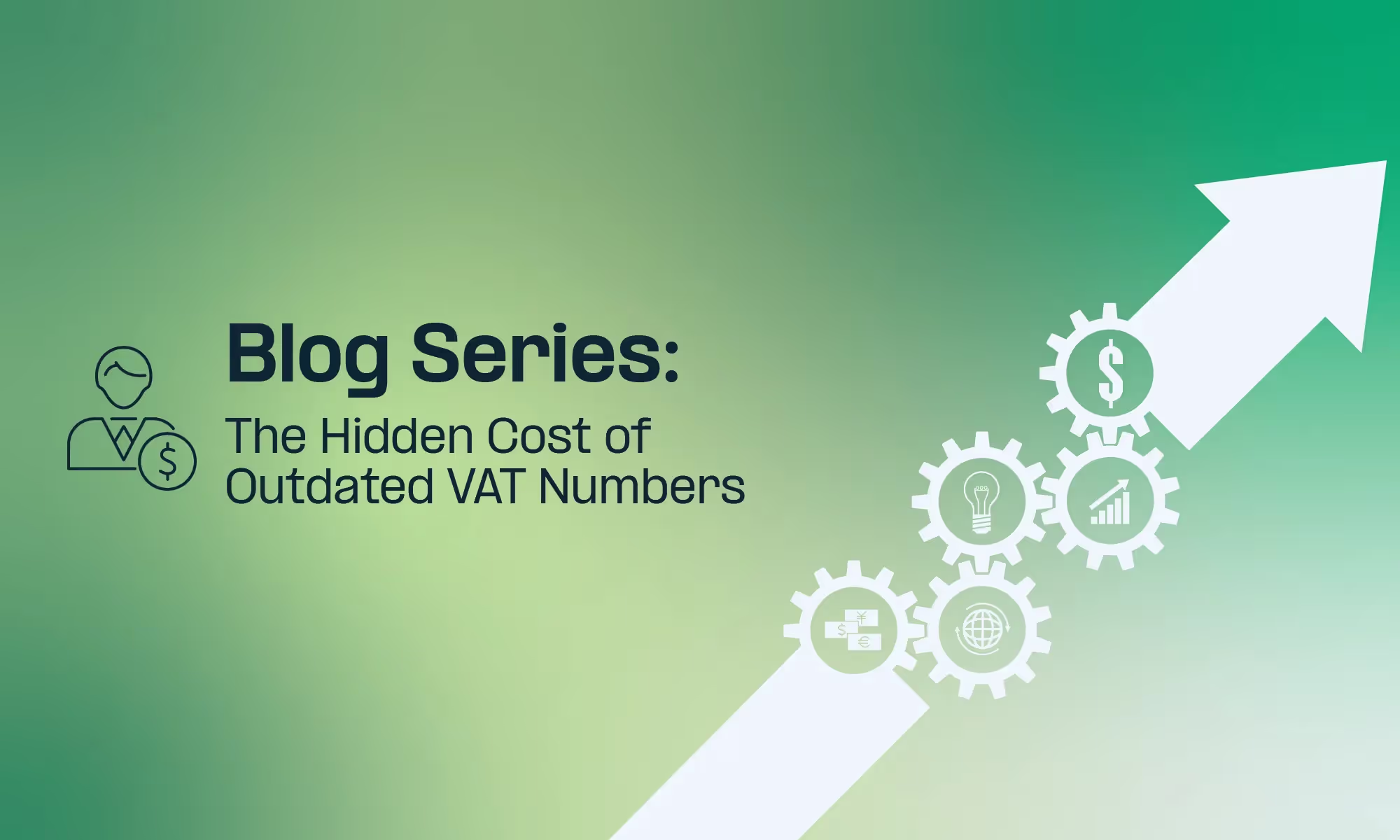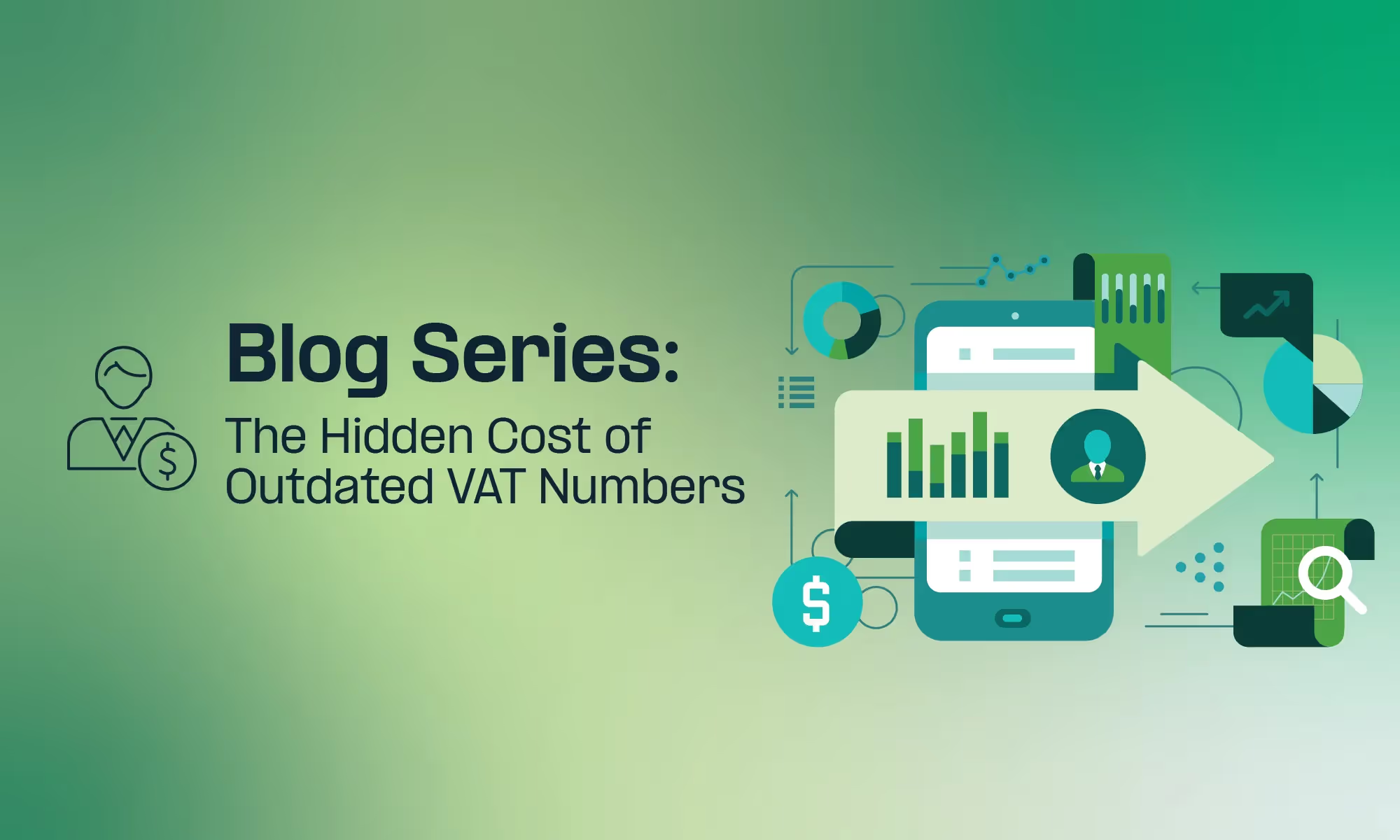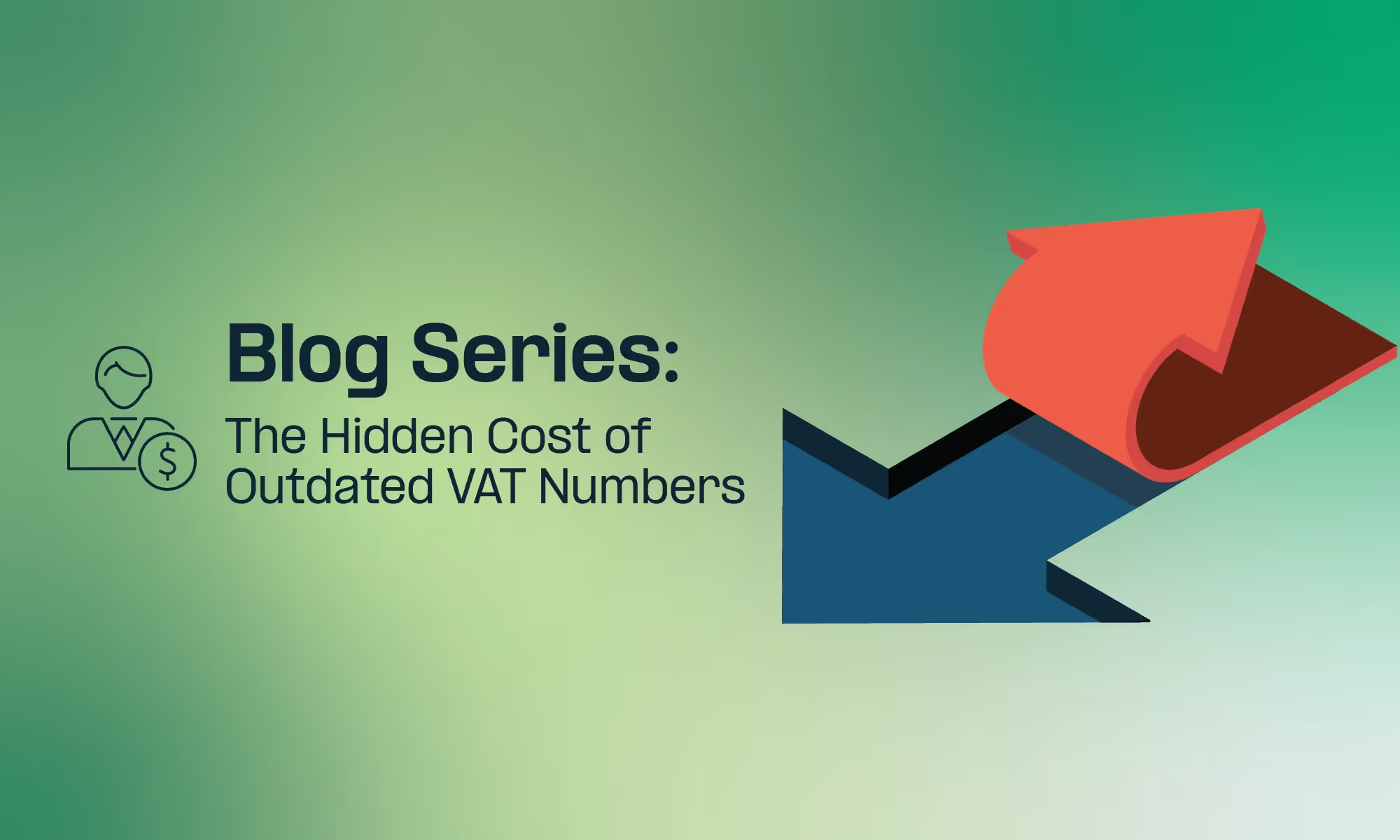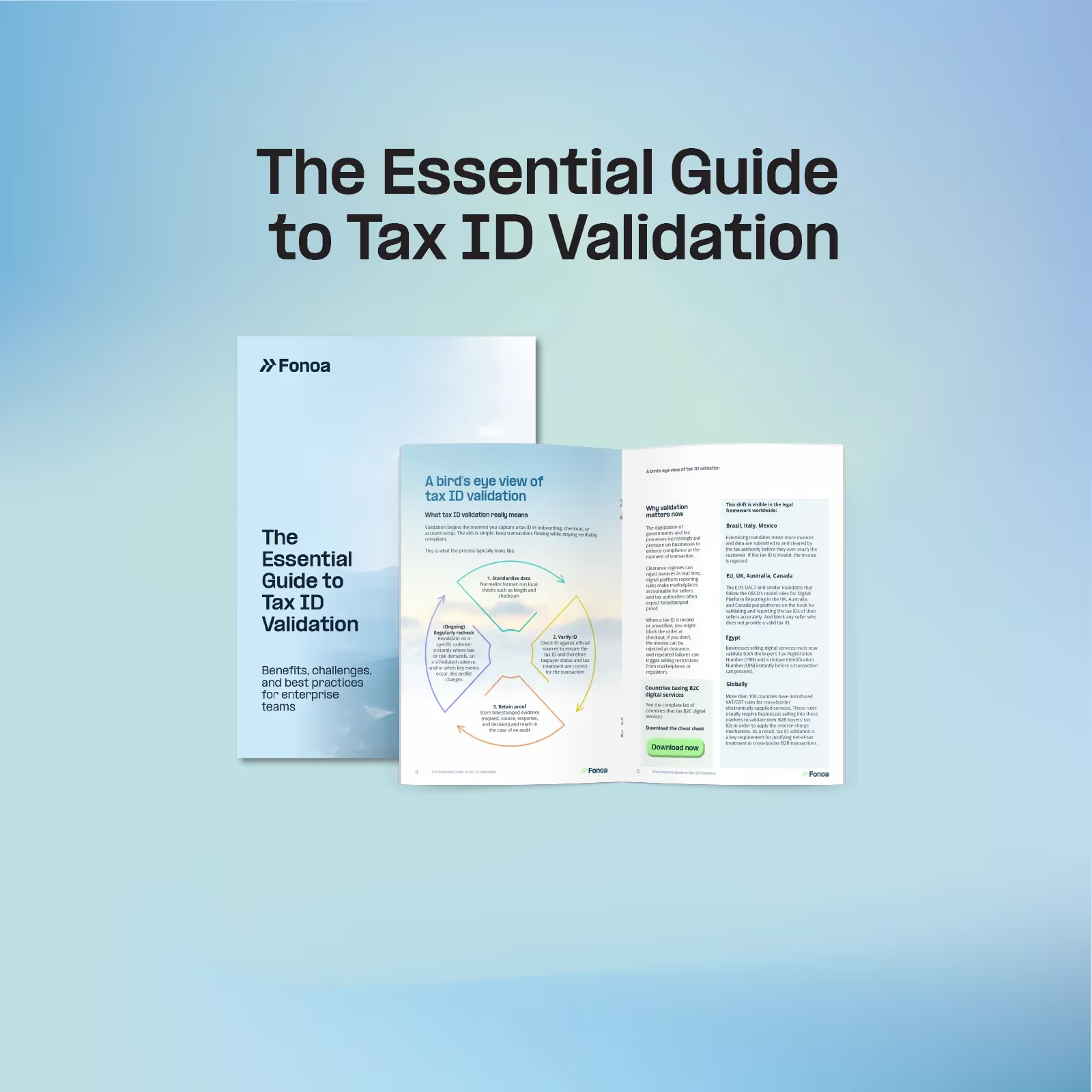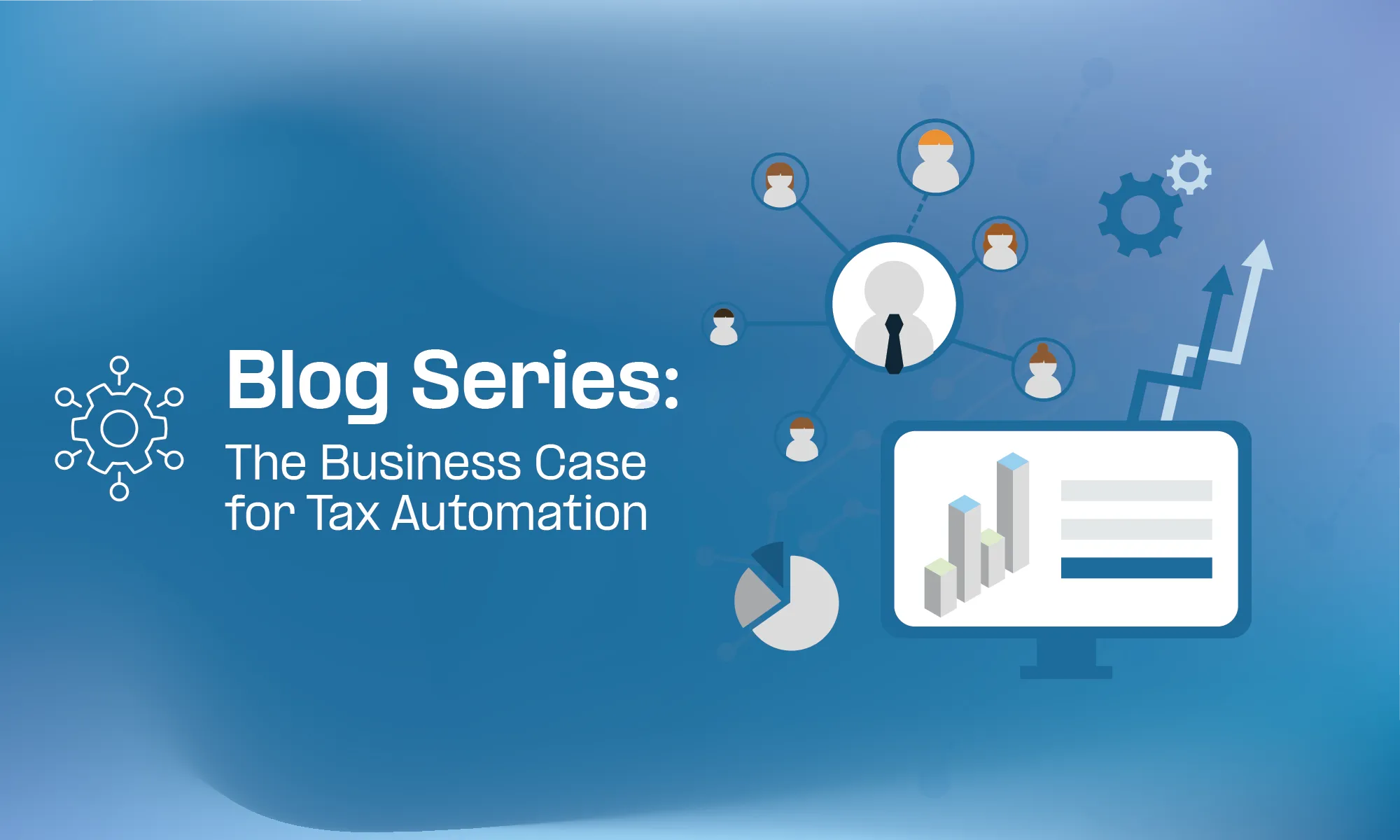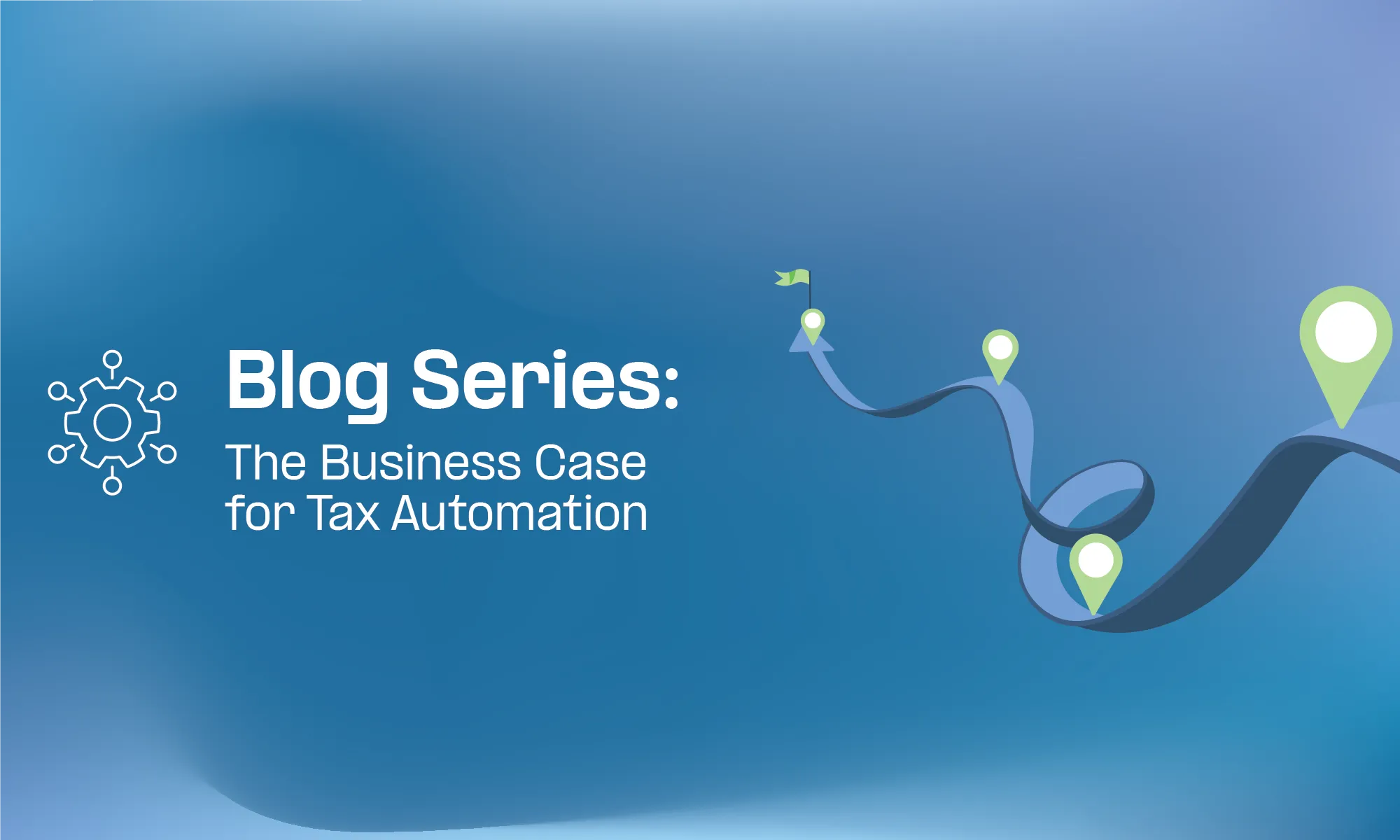Global ecommerce and SaaS companies deal with thousands of customer and supplier Tax Identification Numbers (TINs) across different jurisdictions. These IDs indicate a business’s tax status and determine how transactions are taxed or reported.
Revalidating these indirect tax numbers means regularly checking that each VAT/GST/TIN provided is current, accurate, and belongs to the respective entity.
But this process is often overlooked until a problem arises, like an invoice rejection or a disallowed tax refund.
Yet as tax authorities digitize and tighten enforcement, routine validation of tax IDs has become critical. Ensuring the tax numbers in your systems are valid and up-to-date underpins compliance, accurate invoicing, and efficient tax reporting.
This series explores why revalidation is so important, especially for global digital businesses, and how failing to do so can impact compliance, operations, and finances. It also highlights real-world examples (both country mandates and company practices) and recommends best practices, including the use of automated validation tools. The goal is to help enterprises in e-commerce, SaaS, and other digital sectors understand the risks of invalid tax IDs and the value of clean tax data in an era of real-time tax oversight.
Deep dive into tax ID validation by topic
Key global trends: Digital tax enforcement and real-time validation
Compliance and legal risks of invalid tax IDs
Why tax registration status changes frequently
Importance of clean master data for tax and finance operations
Digital economy companies: Challenges and approaches
Best practices and automated solutions for tax ID validation
Key takeaways
Don’t have time to delve into each of the above topics? Scan the highlights
- Tax status changes lead to invalid TINs
Tax registrations shift more frequently than many expect. In fact, up to 14% of IDs in Brazil changed in just one year, according to Fonoa’s data. Companies may deregister due to falling below revenue thresholds, restructuring (mergers, acquisitions), or switching to tax-exempt regimes. Tax authorities also suspend or cancel registrations for non-compliance, invalidating a previously valid number. Even after initial onboarding checks, vendor details and VAT status can change, requiring periodic revalidation. - Invalid TINs = huge hidden compliance risks for enterprise businesses
Invalid or outdated tax IDs (VAT, GST, TINs) expose companies to serious compliance risks. Tax authorities often deny VAT/GST refunds or input credits on invoices with invalid tax numbers and may levy penalties. In some jurisdictions, issuing an invoice with incorrect tax details is an offense punishable by fines. - Beyond risk, the operational impact of invalid TINs is expensive
Inaccurate tax IDs disrupt e-invoicing and clearance systems. Electronic invoices can be rejected by government platforms if customer or supplier tax IDs are invalid, leading to payment delays and costly manual corrections. Even if accepted, errors often trigger audits that consume significant time and resources. - Clean data is the first step to solve this problem
Maintaining clean, up-to-date tax ID data in customer and supplier master records is critical for downstream finance operations. Clean data ensures accurate tax calculation on invoices, correct VAT/GST reporting, and smooth audits. Leading enterprises periodically bulk-validate their entire tax ID dataset to keep master data current, preventing reporting errors and compliance issues. - Real-time reporting is the new norm—and ID validation with it
Tax authorities worldwide are digitizing VAT/GST compliance. Real-time e-invoicing and continuous transaction controls (CTC) are fast becoming the global norm, requiring valid tax IDs on every transaction reported. These measures have improved compliance (the EU attributes recent VAT gap reduction partly to digital reporting) and many countries now mandate instant tax ID validation (e.g. Egypt’s new system for B2B VAT validation). Non-compliance with these digital requirements leads to immediate invoice rejections or penalties. - Industry leaders validate new tax IDs—and revalidate regularly
Digital economy leaders have faced these challenges head-on- Amazon: Required to confirm marketplace sellers hold valid VAT registrations or risk liability. To enforce compliance, Amazon demands valid IDs by set deadlines, suspending non-compliant accounts.
- Twilio: Validates customer tax IDs at signup and checkout to determine VAT/GST charges. Customers with valid VAT IDs are exempt from VAT on B2B services.
- Remote: Validate TINs at onboarding to ensure correct B2B/B2C treatment, then maintain database through quarterly revalidation. Learn more about Remote’s approach to tax ID validation and automation that saves them 480 hours annually here.
- Tax ID validation solutions like Fonoa Lookup keep you ahead of invalid IDs
Best practice is to implement automated tax ID validation at onboarding, for every invoice cycle, and via periodic re-checks (such as quarterly). Automated tools like Fonoa connect to official databases in real time, ensuring accuracy across hundreds of jurisdictions. This prevents manual errors, supports high-volume transactions, and reduces audit exposure. Manual checks cannot keep up with global, real-time demands. Robust automation protects compliance, preserves tax recovery, and enables smooth financial operations in the era of digital enforcement. As one Tax Technology director humorously put it after listing the many reasons to validate: the alternatives are dedicating a large team to do it manually or ignoring it and paying the price later—neither is tenable. Automation is the only scalable choice
Top takeaway: Tax ID validation is now critical
In today’s digital tax environment, a single invalid tax ID can block an invoice, erase VAT recovery, or trigger penalties. What was once routine administration is now a frontline compliance obligation. Businesses that embed automated revalidation into their workflows will protect cash flow and compliance; those that don’t risk rejected invoices, fines, and lost access to key markets.
Get into the details in this blog series, or chat with the Fonoa team to learn more about how Fonoa Lookup uses a single API to automate your tax ID validation across 115+ countries.


